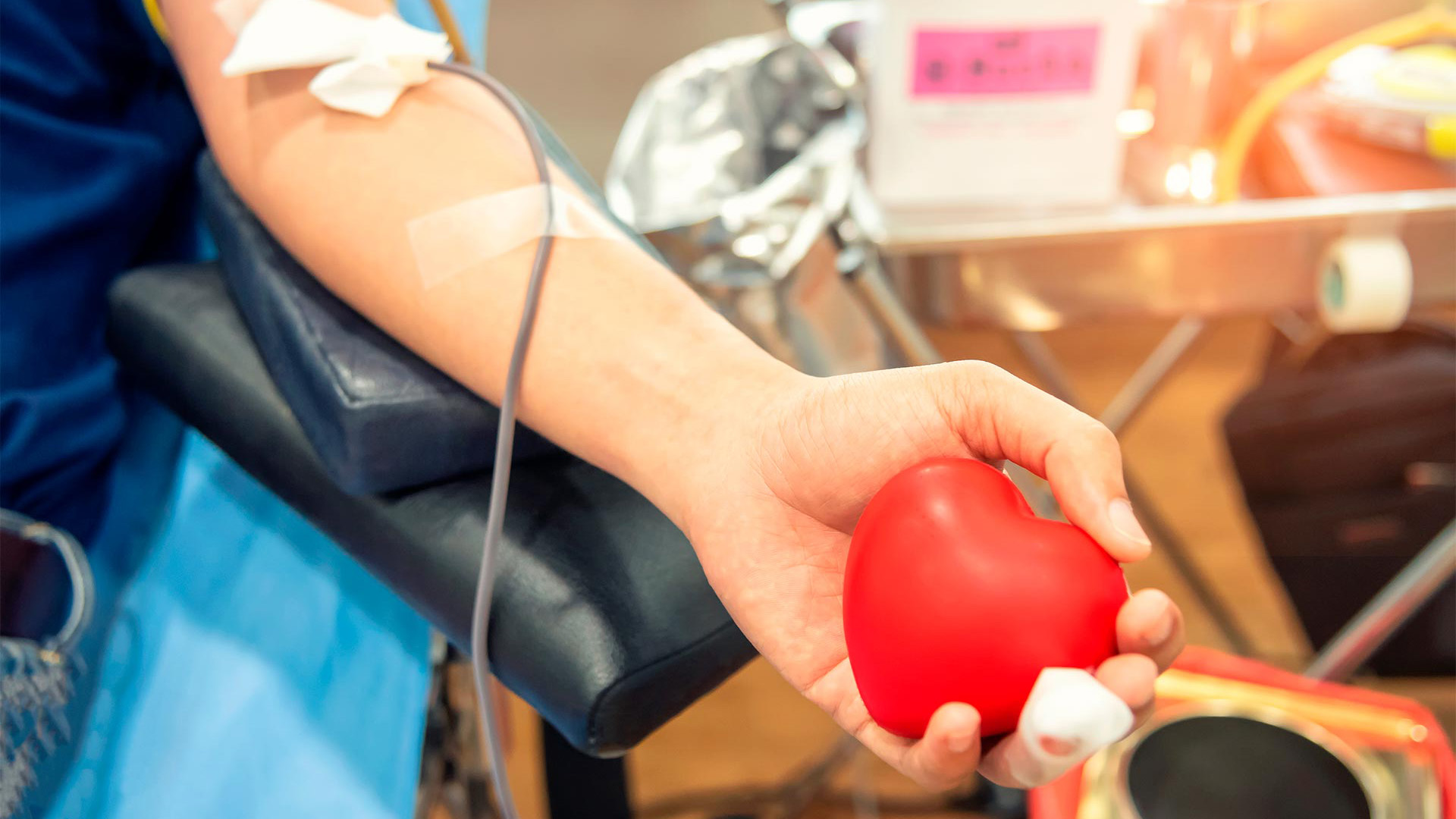Save Lives
Anyone can be a superhero. You may not have superior powers. You may not be able to fly, or you may not be strong enough to stop a train. With a very, very small move, you can become a very big hero. How Does? Making a fist and releasing your hand… you are a superhero when you do this constantly.
.jpg)
According to the report of the World Health Organization, the most reliable blood is; It is the blood that a person gives of his own free will, voluntarily, regularly and consciously, without expecting anything in return. Despite the advances in medicine, it is a fact that the lack of an alternative treatment to replace blood makes regular blood donation a necessity. While the ratio of voluntary blood donation to the population in developed countries is approaching 5%, it is only half of this in our country. 1 unit, that is, a bag of blood, is on average 450 ml. Given that there is approximately 6000 mL of blood in the human body, giving that much blood does not pose any risk.
You can become a hero or even a superhero by donating blood. You can touch someone's life for a moment somewhere, and you can hold them back to life. Giving blood is a very simple but very important action. Giving blood once a year is also very important for the human body.
.jpg)
Blood; It is a liquid whose only source is human and necessary for life. The blood-forming organ in adults is the bone marrow. It is a life-saving liquid, since its only resource is human and it does not have a backup that can be replaced when needed. In developed countries, blood donation is considered as a social responsibility, and blood donations are made regularly with the thought that one day they will need blood. In our country, blood and other organ donation is not yet at the desired level and stability. donating blood; It strengthens the immune system of the donor, as it physically stimulates the bone marrow and ensures that young blood cells are made in the bone marrow and mixed with the circulation. When the blood donor thinks that he has saved another person's life by performing this task, he feels a psychological relief.
Blood; Since it is a fluid that is constantly produced in the bone marrow, blood donation does not cause any health problems for healthy people. Anyone between the ages of 18 and 65 who has no health problems and whose blood measurements are normal in hemoglobin and hematocrit values can give blood on average four times a year. . Blood donation is not recommended for people with chronic diseases, infectious diseases such as AIDS, hepatitis, syphilis, cancer, hypertension, blood diseases and heart diseases. In addition, blood donation is not appropriate for people who need to use regular medication. Since the blood donation process causes fluid loss; After the blood donation process, it is appropriate for the person to take plenty of liquid and liquid foods, not to smoke and alcohol, to avoid heavy exercises, and to take a break from their work for one day when they donate blood.
Looking at that plastic blood bag that fills up while giving blood will bring many people face to face with their fears. Fear of death is real, of course. However, you should not forget that you have driven many people away from this fear with the circulation of that blood bag. We should all be super mega heroes.



